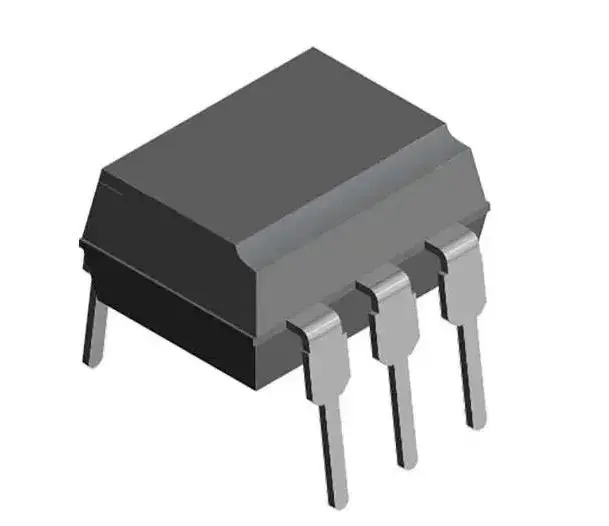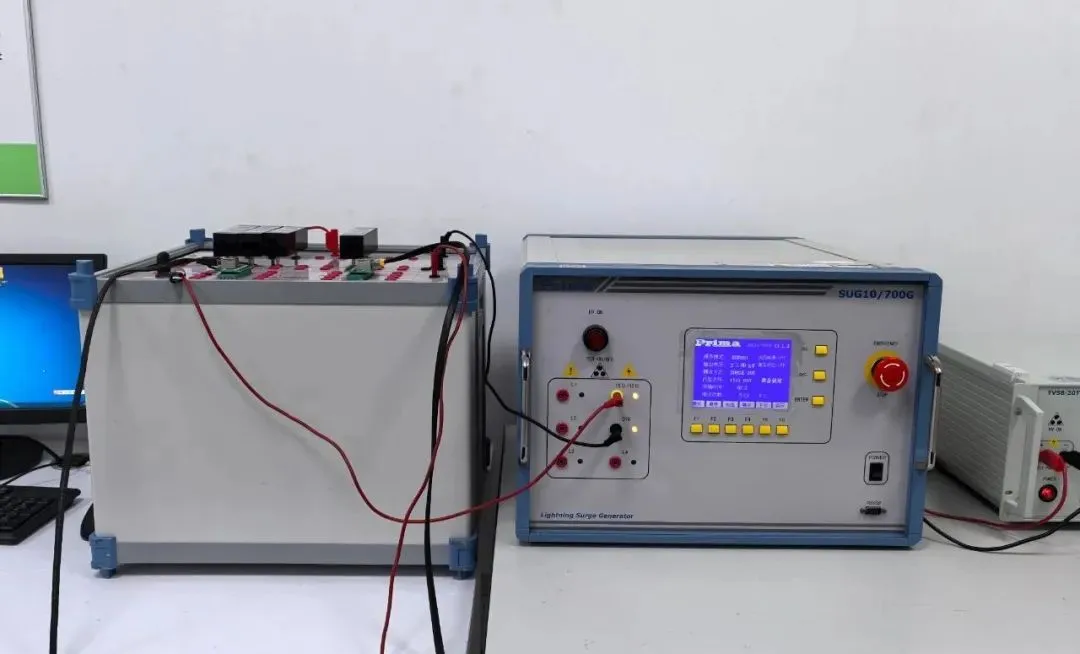
Optocoupler AEC-Q102 Certification
In the field of automotive electronics, testing specific components is not only about ensuring precise product performance but also about safeguarding driving safety and vehicle reliability. As a critical optoelectronic component in automobiles, optocouplers are subject to rigorous testing under the AEC-Q102 Certification standard to ensure superior performance in various driving environments.

Overview of AEC-Q102 Standard
AEC-Q102 is the stress test standard for discrete optoelectronic seMIConductor components used in automotive electronics for both internal and external applications. The Automotive Electronics Council (AEC) formally published the AEC-Q102 REV standard in March 2017, followed by the AEC-Q102 REV A standard in April 2020. This specification primarily establishes evaluation criteria for discrete optoelectronic components entering the automotive market and is also the latest universal international standard for automotive LEDs.
The validation process under this standard includes REDefining the number of experimental samples, introducing LED Tj (junction temperature) control methods, and adding gas corrosion tests. Each test is designed to simULate environmental conditions that automotive LEDs may encounter, enhancing safety during driving. By implementing stringent reliability testing for optoelectronic devices, their performance is significantly improved.
Role of Optocouplers in Automotive Electronic Systems
Optocouplers, as key components for electrical isolation, primarily serve to provide electrical isolation and signal transmission in automotive electronic systems. They protect sensitive circuits from voltage fluctuations and electromagnetic interference while transmitting control signals between different electrical systems. This ensures stable vehicle operation and precise signal execution, making them vital for enhancing automotive safety and reliability.
Testing Requirements for Optocoupler AEC-Q102 Certification
According to the AEC-Q102 standard, the testing requirements for optocouplers include:
1. Transmission Characteristics Testing: Evaluates the current transfer ratio, response time, and linearity of the optocoupler to ensure accurate signal transmission.
2. Isolation Performance testing: Ensures electrical isolation capabilities through high-voltage testing.
3. Thermal Performance Testing: Assesses thermal resistance and thermal stability to evaluate performance under high-temperature operating conditions.
4. Durability Testing: Evaluates physical stability through mechanical shock and vibration testing.
5. Environmental Adaptability Testing: Assesses performance under different environmental conditions, such as temperature cycling and humidity testing.
Contents of the AEC-Q102 Test Report
1. Test Objective: Defines the goals and purposes of the test, such as verifying whether the optocoupler product meets the AEC-Q102 standard.
2. Test Equipment and Materials: Lists the equipment and materials used in the test, including optocoupler products, test instruments, and environmental control equipment.
3. Test Procedure: Describes the test process in detail, including preparation, operational steps during the test, and post-test handling.
4. Test Results: Records data and results from the test, such as the performance parameters of the optocoupler, environmental conditions, and test outcomes.
5. Analysis and Discussion: Analyzes and discusses the test results, explaining the performance of the optocoupler under various environmental conditions and comparing it to standard requirements.
6. Conclusion: Summarizes the test results, provides a judgment on whether the optocoupler complies with the AEC-Q102 standard, and offers improvement suggestions or outlines the next steps.
Process for Obtaining an AEC-Q102 Test Report
1. Business Consultation: The applicant provides product information, images, and testing requirements to our company.
2. Engineering Quotation: Based on the provided information, engineers evaluate and determine the testing projects, offering a verbal quotation to the applicant.
3. Providing Materials: After accepting the verbal quotation, the applicant submits testing samples to our company.
4. Payment Arrangement: A written quotation is issued after receiving the samples, and the applicant arranges payment accordingly.
5. Sample Testing: Product testing is conducted per the applicable standard or customer requirements.
6. Issuance of Report: Upon test completion, the laboratory issues the test report, concluding the process.
About JJR Laboratory
JJR Laboratory is a professional third-party aec certification testing organization. The laboratory is fully qualified to conduct AEC-Q102 tests under CNAS accreditation and provides testing services for automotive optoelectronic semiconductor components, including LEDs, photodiodes, transistors, and laser components. Recognized by multiple domestic and international institutions and equipped with CNCA certification issuance capabilities, JJR’s test reports carry international credibility. The laboratory operates according to the ISO/IEC 17025 international standard, complying with over ten international and domestic norms.
Email:hello@jjrlab.com
Write your message here and send it to us
 What is the EN 61326-2-3 Standard?
What is the EN 61326-2-3 Standard?
 Why Do Smart Sockets Need IEC 60884 Certification?
Why Do Smart Sockets Need IEC 60884 Certification?
 Why Retest the Device if the 5G Module Already Has
Why Retest the Device if the 5G Module Already Has
 Overview of IEC 62087 Test Standard
Overview of IEC 62087 Test Standard
 CISPR 25 Test Standard Compliance Guide
CISPR 25 Test Standard Compliance Guide
 IEC/UL/CSA 62368-1 Electrical Distance Testing
IEC/UL/CSA 62368-1 Electrical Distance Testing
 Canada Wireless Device IC Certification RSS-210 Te
Canada Wireless Device IC Certification RSS-210 Te
 FCC Part 15.231 for Wireless Remote Controls and S
FCC Part 15.231 for Wireless Remote Controls and S
Leave us a message
24-hour online customer service at any time to respond, so that you worry!




